with STEM™ CAREERS JOB KIT

Chemical Engineer
Design, optimise and sustainably manage the processes that turn raw materials into valuable products
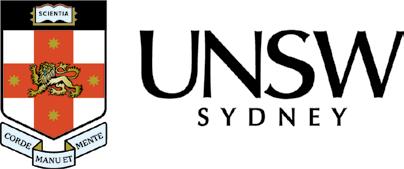


Design, optimise and sustainably manage the processes that turn raw materials into valuable products

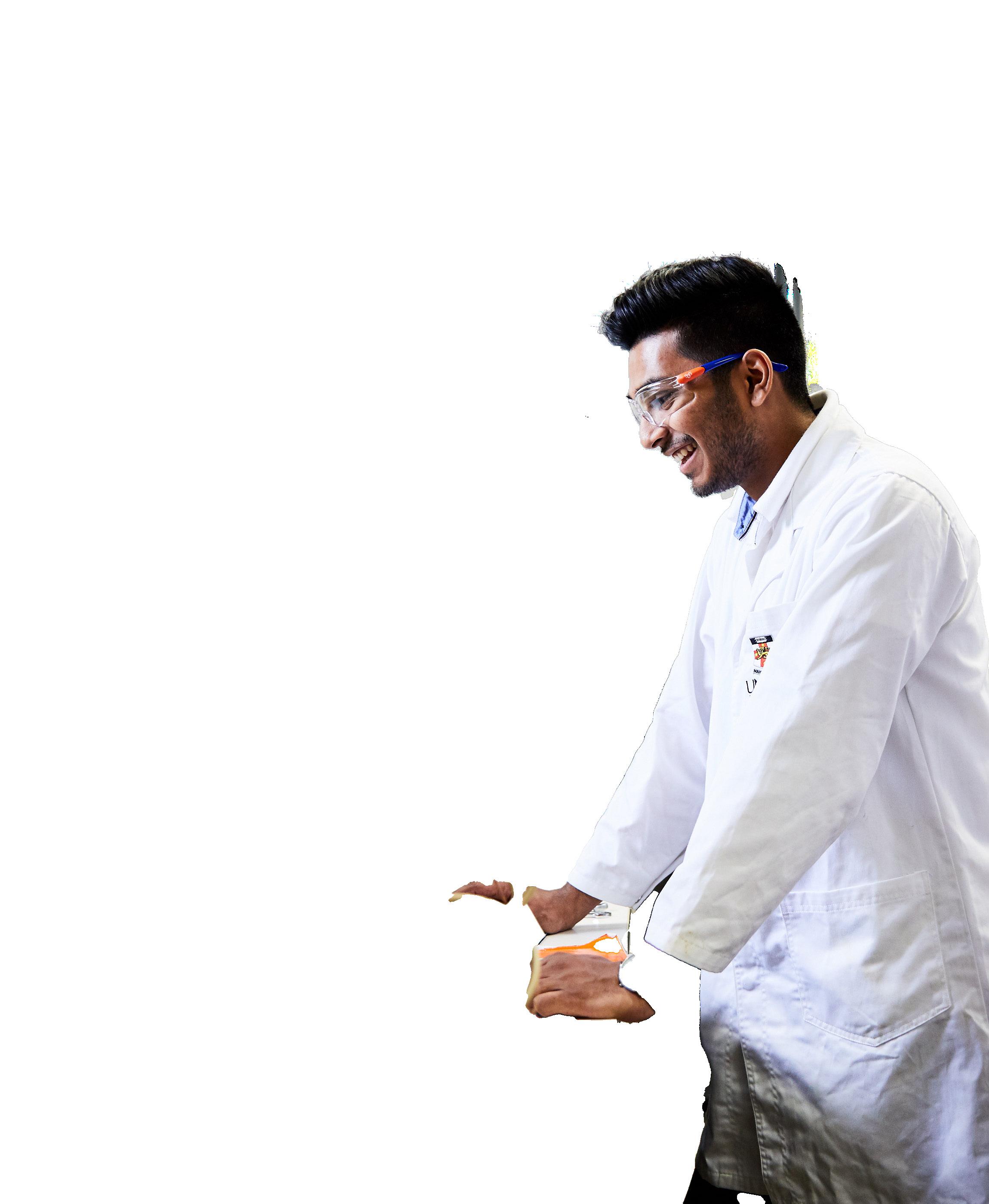


Now more than ever, chemical engineering is a powerful and rewarding career. Industries everywhere are pushing for sustainability. We need access to clean water, nutritious food, clean energy, biodegradable packaging and sustainable pharmaceutical products.
Chemical engineers are right at the heart of creating solutions for these real and urgent global challenges. We design processes that can be adapted to use less energy, reduce waste and optimise outputs.
I chose chemical engineering because I wanted something where I could solve real-world problems in areas where I can have a big impact.
Today, as well as lecturing at UNSW, I research processes used to create value-added food products, aiming to reduce waste and energy use.
As a chemical engineer, you’ll be taught to see process and treatment systems as a whole. You’ll be able to see how things fit together. You can solve very open-ended questions. For example: How can we treat water to a high quality but at a low cost? What are some alternative sources and processes
for more sustainable and economical green fuels for the future?
Chemical engineering isn’t just about chemicals. It’s about understanding and improving complex systems: how things are made, how processes work, how different parts interact with each other, and how to make entire systems more efficient and more sustainable.
At UNSW, we’re very strong in clean energy, food engineering, pharmaceutical engineering, water treatment and energy storage. And our teaching labs are amazing. I’ve visited labs all over the world, and we have truly world-class facilities here at UNSW.
If you love solving problems and want to help shape a better world, dive into this Job Kit to learn more about becoming a chemical engineer. You’ll find it’s an exciting, flexible and meaningful path.
Professor Cordelia Selomulya Head of School UNSW Chemical Engineering
Want to be where science and systems meet problem solving? Choose chemical engineering!
Use chemistry, physics, maths and creativity to tackle some of the world’s biggest challenges. Chemical engineering is a great choice if:
✔ You’re curious about the world
✔ You enjoy science
✔ You want a job with real-world impact
✔ You’re future-focused
✔ You’re interested in decarbonisation, nanotechnology, renewable energies (like biofuel), sustainable products (like cosmetics), biodegradable plastics and environmental protection…
Tackle global challenges like decarbonisation, a safe water supply for all, and green fuel development
Master sustainable product process, treatment and system design
Modern chemical engineering is all about shaping a cleaner, smarter, more sustainable future. Chemical engineers will always be in demand. They design the processes that turn raw materials, like plants, oil or even waste materials, into useful products, like medicines, clean energy, food and products.recycled
Chemical engineers know how to lead projects, solve problems and deal with complex systems. Just ask these UNSW chemical engineering alumni:
Systems products?or
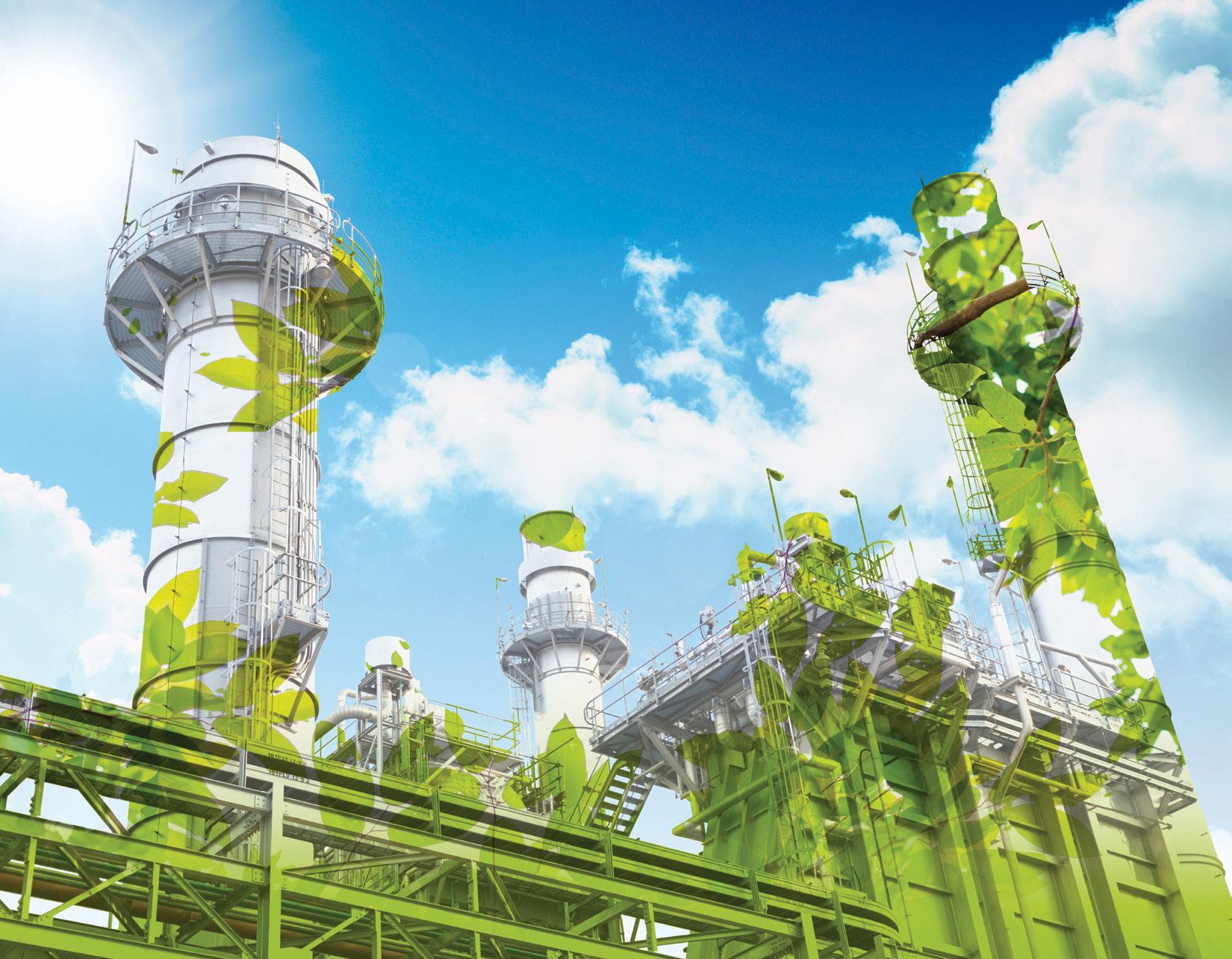
Manage the environmental financial and technical aspects of large-scale projects
We’re shifting to a more sustainable future, and chemical engineers are in demand. You can lead the way with skills in water treatment, green battery technology, cleaner manufacturing and more sustainable ways to do just about everything.
Predicted job growth: 23% over 10 years*
*Source: Jobs and Skills Australia
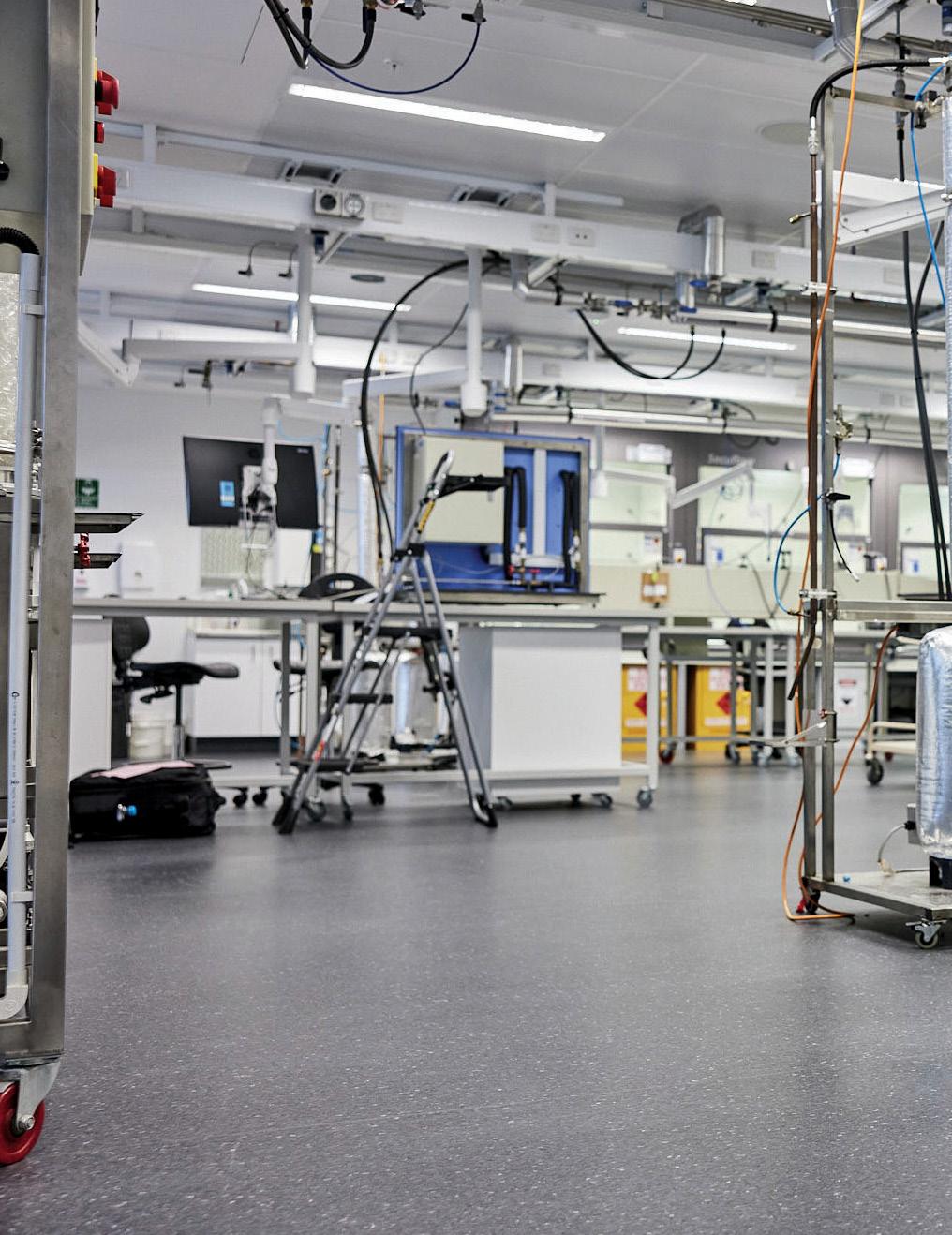
Vesna Olles, Director, Strategy and Clean Energy BOC
Prof Judy Raper, Former Dean and CEO of TEDI-London
Mick Farrell, CEO of Resmed
Louise Warner, CCO Ampol
Dan Mullette, Chief Science and Engineering Officer, HarvestB
Sandeep Chandra, Head of Strategy and Operations, Atlassian
At UNSW you can choose to do a Bachelor of Engineering (Honours) in:
• Chemical Engineering: design and develop safe, efficient, large-scale systems or
• Chemical Product Engineering: design and develop new products
Both degree options give you 60 days of industrial training, plus professional accreditation by industry associations and opportunities to be involved in exciting projects like the ChallENG project.
Where will you work?
Industries everywhere need chemical engineers.
• Water treatment
• Air quality management
• Clean energy technologies
• Sustainable materials development

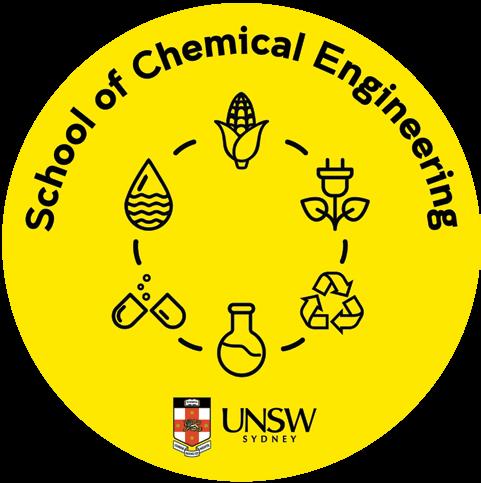
• Pharmaceuticals and cosmetics
• Building and construction And more…
Simply the best UNSW’s engineering faculty consistently ranks as the best in Australia. You’ll get hands-on experience, access to global research, industry placements and flexible double degree options. Find out more: Visit scholarships.unsw.edu.au or scan THE QR CODE
In your final year of a Bachelor of Engineering (Honours) at UNSW, you’ll work on a capstone project in a team to design a process plant. This is the real deal! You’ll work from a design brief developed in consultation with industry partners. Your focus?
Creating a sustainable loop where materials can be reused, waste is minimised and resources are recycled.
Scholarships to watch
• UNSW Women in Engineering Scholarship
• UNSW Engineering Rural Scholarship
• UNSW Co-op Scholarship

Read the brief > Define the problem > Generate and evaluate concepts > Prepare preliminary design, risk assessment and costing > Create a complete plan > Finalise equipment and layout > Assess environmental impact and economic viability.
In previous years, students have designed plants to
• produce sustainable aviation fuel
• recycle more water in papermills
• obtain hydrogen fuel from sustainable sources
• recover useful resources from industrial wastewater
Michel Hannoun uses engineering and computer science to build sustainable solutions, all while taking part in awesome projects

Michel Hannoun is keen on sustainability and solving complex problems. To skill up on both interests at the same time, he’s studying a Bachelor of Engineering (Chemical) and Computer Science double degree at UNSW.
As part of his engineering degree, Michel is working on a UNSW project called AtomCraft, where his team aims to make the world’s first fusion energy device, all created and operated by students.
He’s also doing an internship at Integra Water, optimising chemical treatment for water production at major sites across Sydney.
At UNSW, Michel worked on a capstone project: one big idea students develop towards the end of their studies. In Michel’s capstone, he helped design a sustainable aviation fuel production facility, converting canola oil into jet fuel using high-pressure, high-temperature reactor systems.
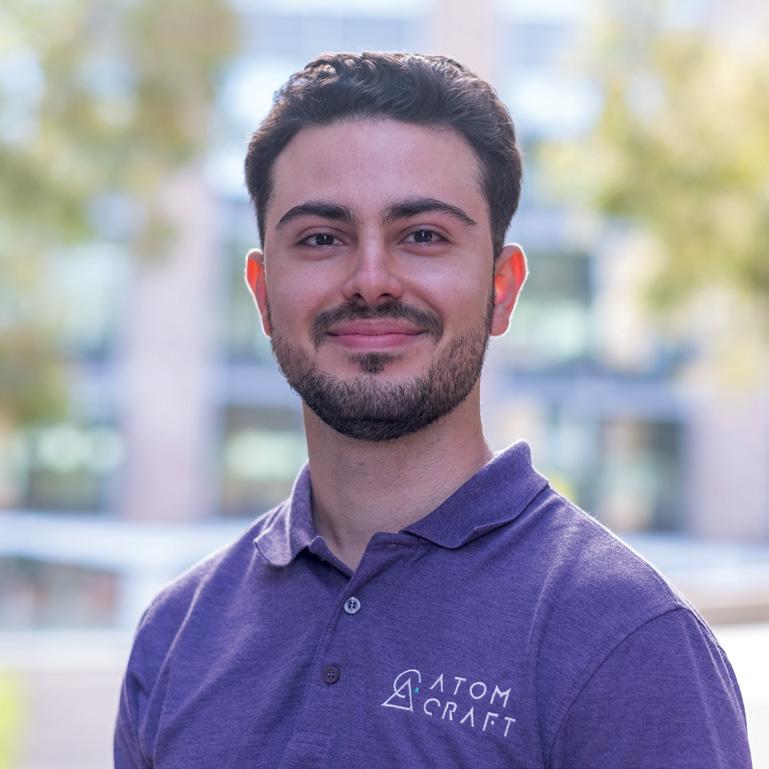
michel hannoun chemical engineerinG student, unsw
“It’s rewarding to build solutions that are both technically sound and environmentally responsible.”
Michel has focused his studies on optimising industrial processes, balancing energy and efficiency in systems and enhancing automation and data analysis – all while factoring in the environment.
The result was a full-circle project, tying together technical design, environmental sustainability and economic impact, all starting with cooking oil.
Michel says the project gave him a real taste for the impact chemical engineers can have.
Chemical engineering is about solving critical challenges in energy, food, health and the environment”
He chose UNSW for its strong engineering program and hands-on learning approach, with world-class research facilities and meaningful projects.
Michel now plans to pursue a career in process engineering or technology integrated engineering, focusing on clean energy, water treatment or sustainable manufacturing.
“Stay curious and open to multidisciplinary learning,” Michel advises. “Chemical engineering is a broad field and touches upon many aspects of design. Take on interesting projects and internships to find what you enjoy and to build confidence applying your knowledge to real- world systems.”


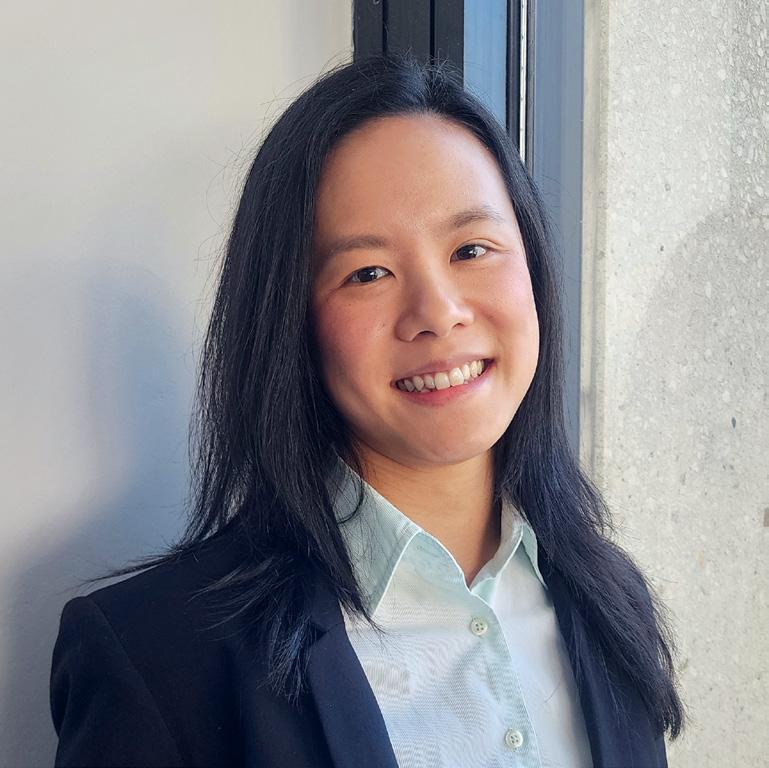
kylie lim associate project leader BEca
Kylie has been working on a new drink manufacturing plant for the last four years. This is a $400mil+ project aimed at reducing carbon emissions in drink manufacturing.
Kylie has always been big on STEM. As a high school student, the Sydney-based grad loved science, but chemical engineering was never on her radar.
“I’d never even heard of engineering,” she admits. “It was actually my chemistry teacher who suggested I study it.” Impressed by the broadness of the field, Kylie enrolled in a Bachelor of Engineering (Chemical) at UNSW. Suddenly, she was able to dive into real-world projects, collaborating with like-minded students.
“[The degree] gave us the foundations to head into a variety of fields – nanotechnology, renewables and sustainability – but also into different markets – food and life sciences, mining, manufacturing,” she says.
At uni, Kylie jumped at extracurricular opportunities. She became president of UNSW’s Chemical Engineering Undergraduate Society, which set her up for a stack of leadership positions and fine-tuned her networking skills.
“I learnt the importance of communicating effectively and influencing,” she says. “It played a major part in why I am pushing for diversity in engineering.”
Kylie is now a project manager at Beca, an engineering consultancy firm. She says a recent highlight was championing an epic new beverage manufacturing project.
“My role is to make these processes more efficient, sustainable and safe while still achieving a quality product.”
Kylie says chemical engineering helps her with assessing impact, understanding process changes and process safety.
I want to make the world a more sustainable place”
7:30am
Arrive on manufacturing plant construction site, make a coffee and check emails
8:00am
Manage client stakeholders on technical design reviews and 15 different contracts across the day.
5:00pm
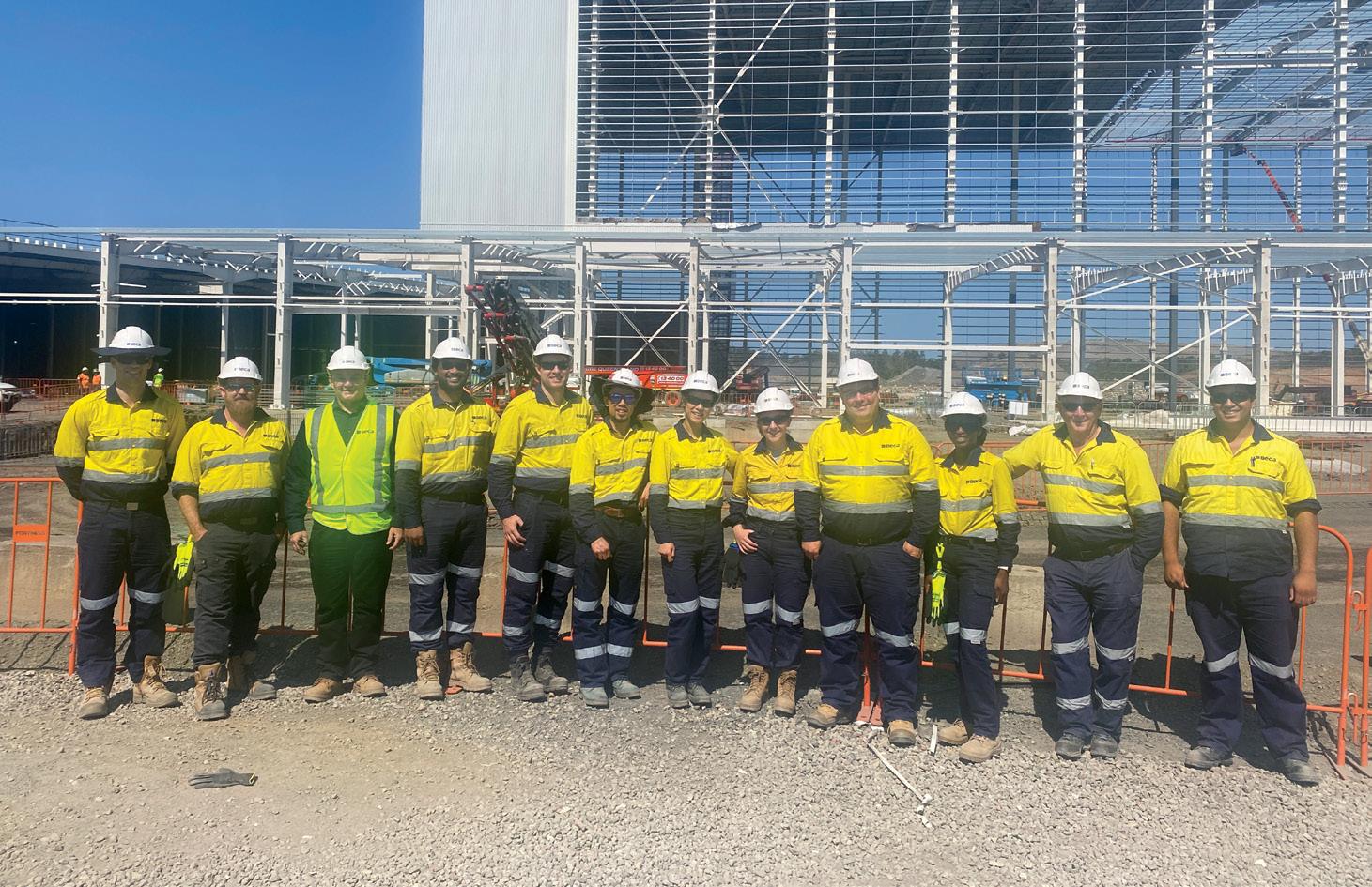
Walk around the site with the design team to review construction progress and raise design issues.
6:00pm Hometime
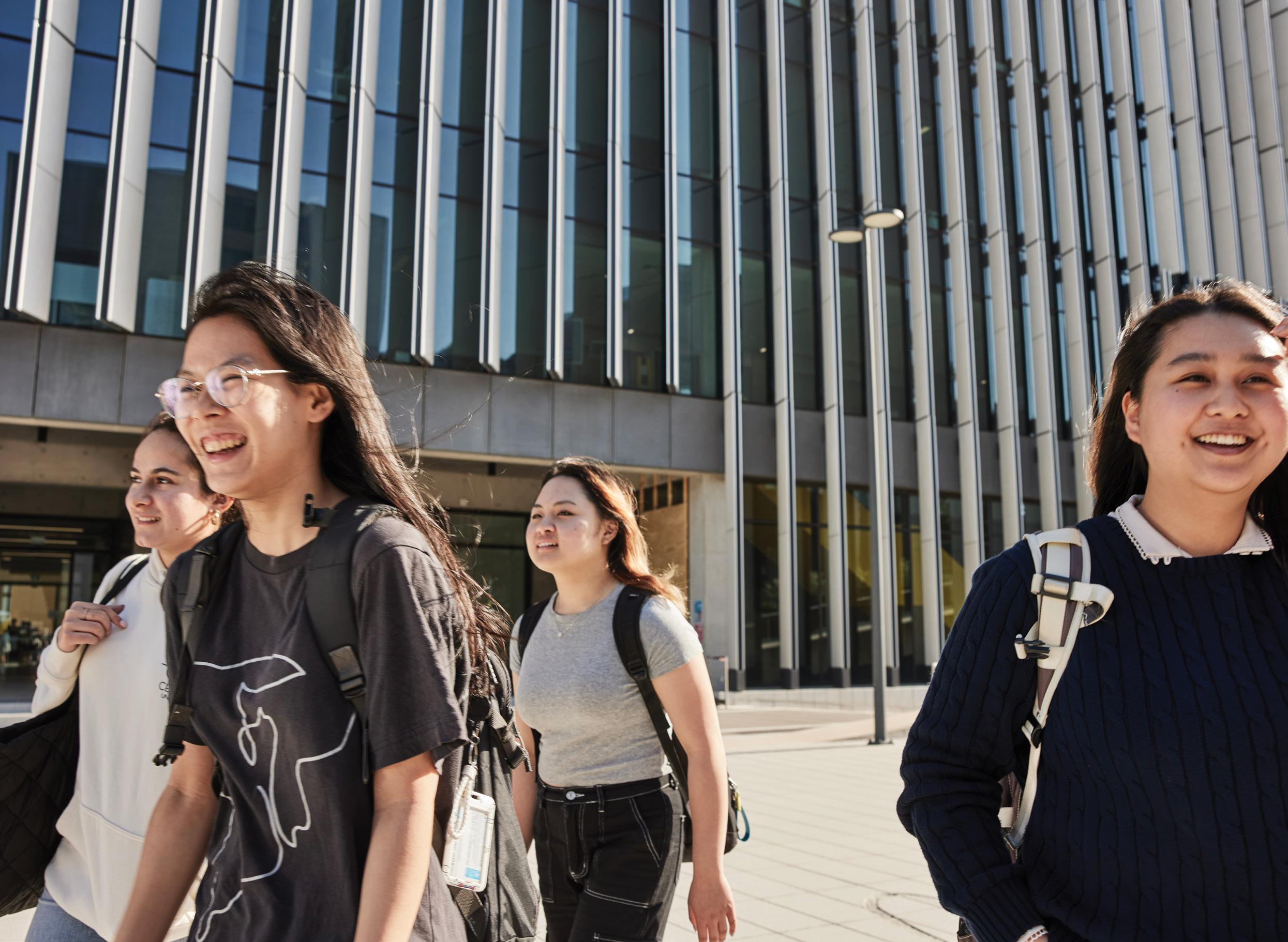
You can find all these games on STEAM
Is this career for you?
You might love a career in chemical engineering if you:
✔ Want to solve real-world problems
✔ Love seeing how chemistry, physics and maths overlap in practical ways
✔ Like to learn how things work and make them more efficient
✔ Are resilientinnovative, and a communicatorgreat
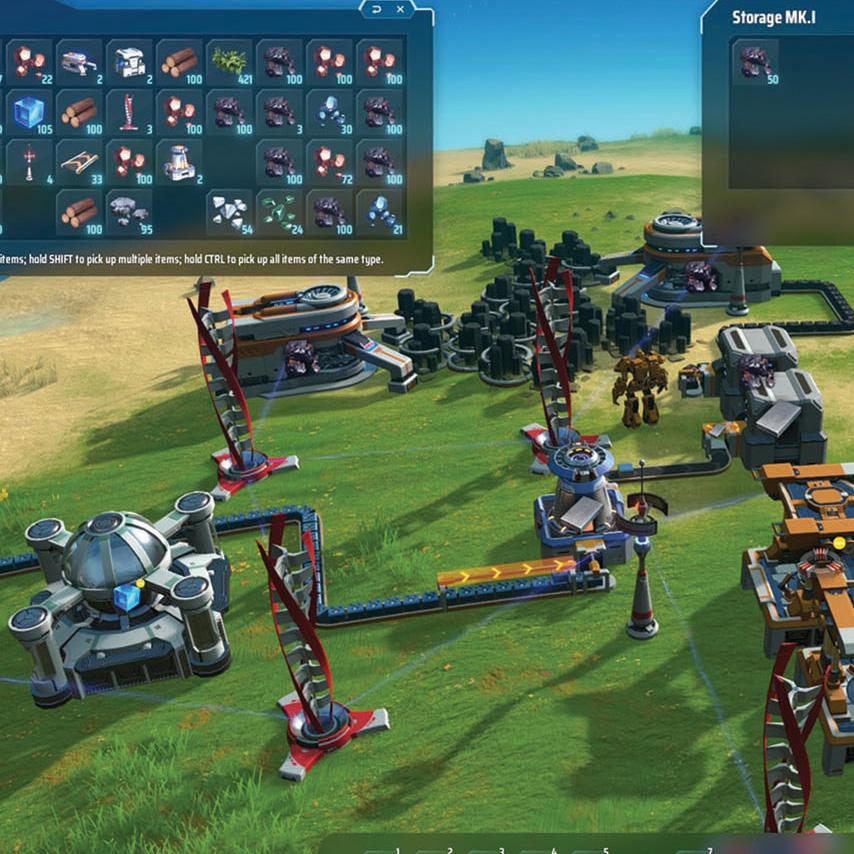
Dyson sphere program
A simulation strategy game where you try to build the most efficient intergalactic factory from resources in nearby star clusters. It’s based on a real theory using massive structures surrounding a star to capture the star’s energy.
Fall Out 3

A post-apocalyptic role-playing game set after a nuclear war. The protagonist embarks through radioactive wasteland to search for his father and follow their dream of purifying water to save their home.
Space Chem
An indie puzzle game where you’re a reactor engineer producing different chemical molecules via an assembly line.
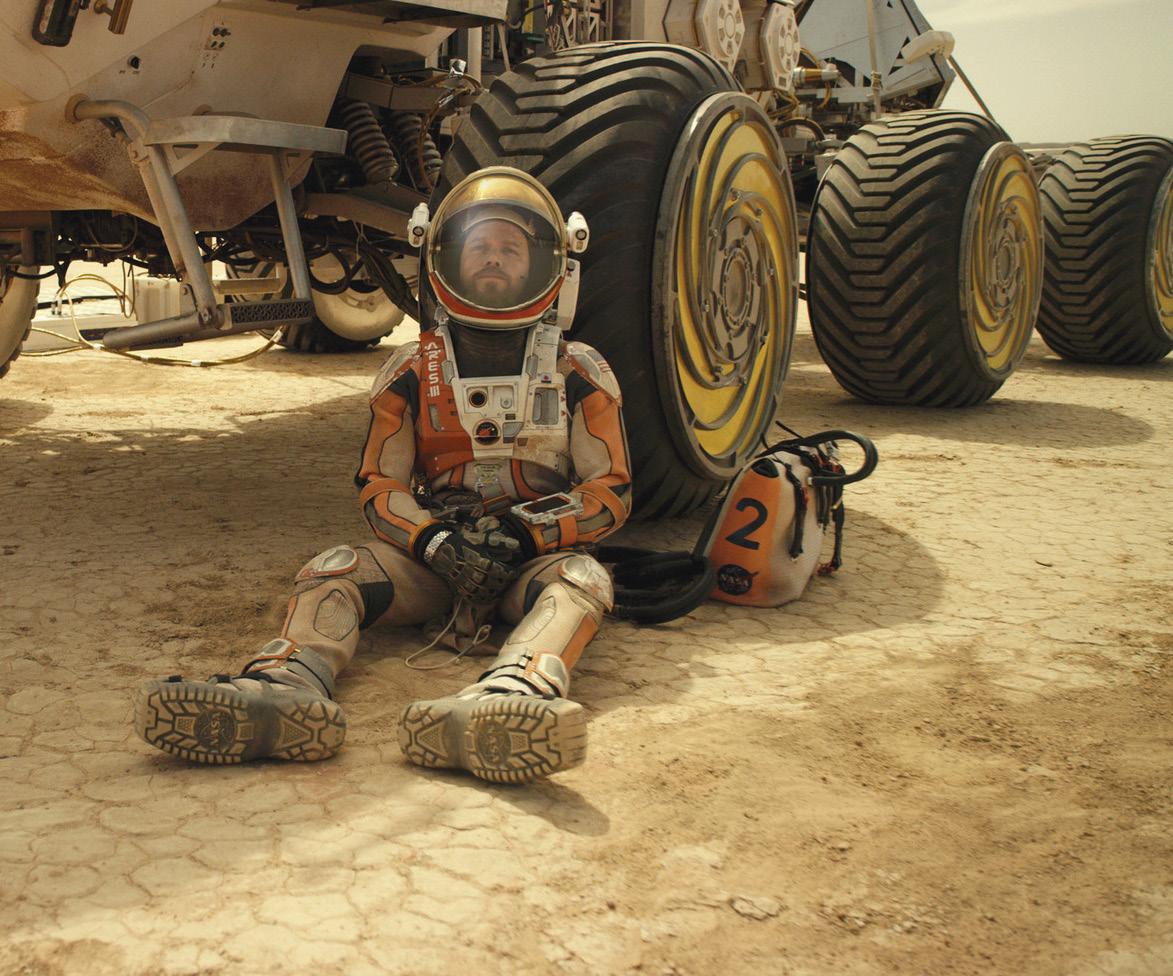
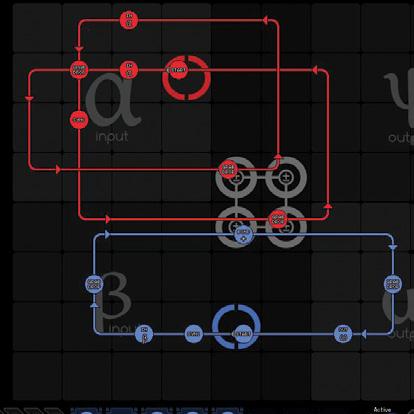
See inside this student society at UNSW on Instagram.
Chemical Engineering Research Society (CERS)
Check out this postgraduate student society at UNSW on Instagram.
The Martian (film)
A sci-fi film that follows Mark Watney, an astronaut stuck on Mars after being left behind in a dust storm. The main character finds ways to survive using principles of chemical engineering. Watch him create water, grow food, manage waste and produce electricity, all under extreme constraints.
Tempering chocolate (YouTube) Chemical engineering is chocolate too Check out this fun video on the fickle process of tempering chocolate.

